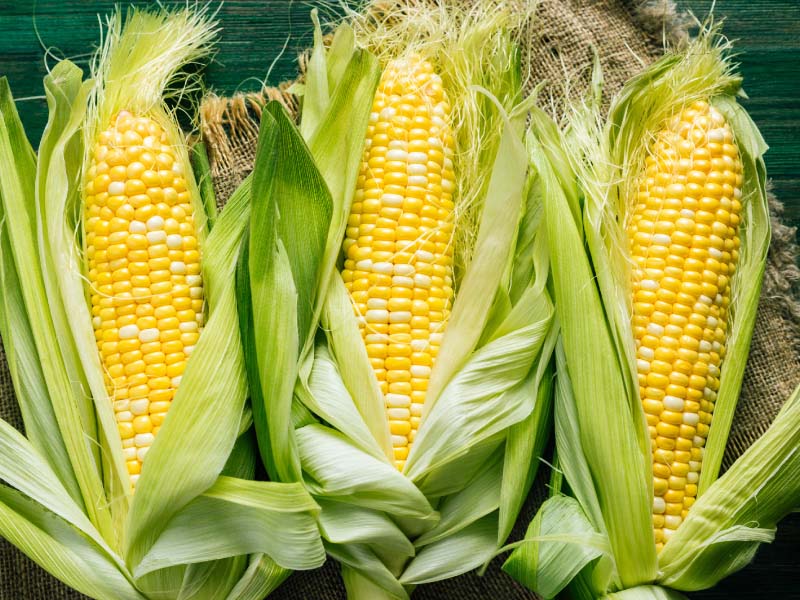
A common question I get is whether corn is genuinely gluten-free or if it’s something we should be cautious about. The answer might surprise you: it’s both yes and no.
Corn doesn’t contain gluten in the same way that other grains like wheat, barley, or rye do. From a structural standpoint, it’s considered gluten-free, which means it doesn’t contain the gluten protein. However, when we break down the protein in corn, known as zein, its structure is remarkably similar to gluten. This similarity can sometimes lead to issues.
Corn’s Effect on the Body
Our bodies might not always distinguish these subtle differences between food structures. For some, consuming corn could mimic the effects of gluten, leading to concerns like leaky gut or increased inflammation. This is particularly true for individuals with celiac disease, IBS, certain autoimmune conditions, or those who are simply more sensitive to inflammation.
The Importance of Nixtamalization
So, if you’re thinking about consuming corn, what should you do? I recommend seeking out corn products that undergo an ancient process called nixtamalization. The Aztecs originally used ash or lime to treat corn, which today helps break down the zein protein, making corn more digestible and reducing the insulin spike.
While this process doesn’t wholly eliminate potential inflammation, it does make corn easier on the gut. Brands like Siete, which offer alternatives like almond flour, cassava flour, or masa chips, can be a wise choice if you’re looking to avoid gluten yet wish to incorporate corn into your diet.
Moderation and Mindfulness
It’s important to note that while nixtamalized corn is less inflammatory, moderation is key. As always, if you have sensitivity or concerns about gluten, try to minimize corn intake or opt for refined products. By doing so, you’re not only making it easier for your digestive system but also maintaining a healthier balance.
